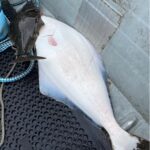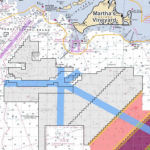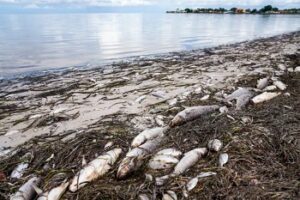Tag Archives: First Nations’ treaty rights

Fisheries Minister Jordan: A new path for First Nations to fish in pursuit of a moderate livelihood
We have never stopped working with First Nations to reach agreements and implement their right to a moderate livelihood. That is why effective this season, we will introduce a new path for First Nations to fish in pursuit of a moderate livelihood, one that addresses much of the feedback we’ve heard over the past year. This plan will support individuals, their families, and their communities. It’s a path that is flexible, adaptable, and based on three key principles: implementation of First Nations Treaty rights, conservation and sustainability of fish stocks, and transparent and stable management of the fishery. >click to read< 21:53
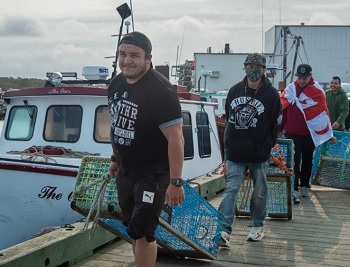
The limits on Crown regulation of Aboriginal and treaty rights
Acting on treaty right recognized in the Supreme Court of Canada’s decision 21 years ago in R v Marshall, the Sipekne’katik First Nation launched its moderate livelihood fishery in the waters off southwest Nova Scotia in early September. Since the fishery’s launch, some have suggested the Canadian government has broad authority to dictate how the Mi’kmaq’s treaty-based fisheries can operate. While the Court in Marshall (and in a subsequent, related decision in Marshall 2) acknowledged Canada could lawfully “regulate” the treaty right, regulate does not mean Canada may legislate and limit the treaty right in whatever way it sees fit. Far from it. As two law professors who teach Aboriginal law, we have decided to weigh-in to provide clarification. Our clear answer is that Canada’s actions, thus far, would not meet Constitutional muster. >click to read< 08:36
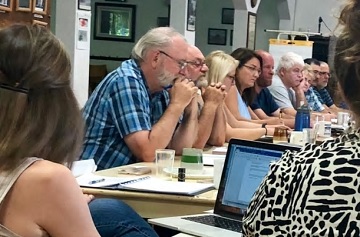
Mi’kmaq chiefs reject any ban on Indigenous fishing in marine protected areas
Nova Scotia Mi’kmaq chiefs say Indigenous fishermen should be exempt from any prohibition on fishing within marine protected areas because of First Nations’ treaty rights. “Our concerns and our input should have a greater weight in the decision making process than those of, for example, non-Mi’kmaw commercial fishers,” said Twila Gaudet, director of consultation for the Assembly of Nova Scotia Mi’kmaq Chiefs. That statement was part of a submission made to a federal advisory panel charged with developing standards for marine protected areas. The Trudeau government has committed to protect 10 per cent of coastal waters and oceans by 2020. >click to read<09:49

































